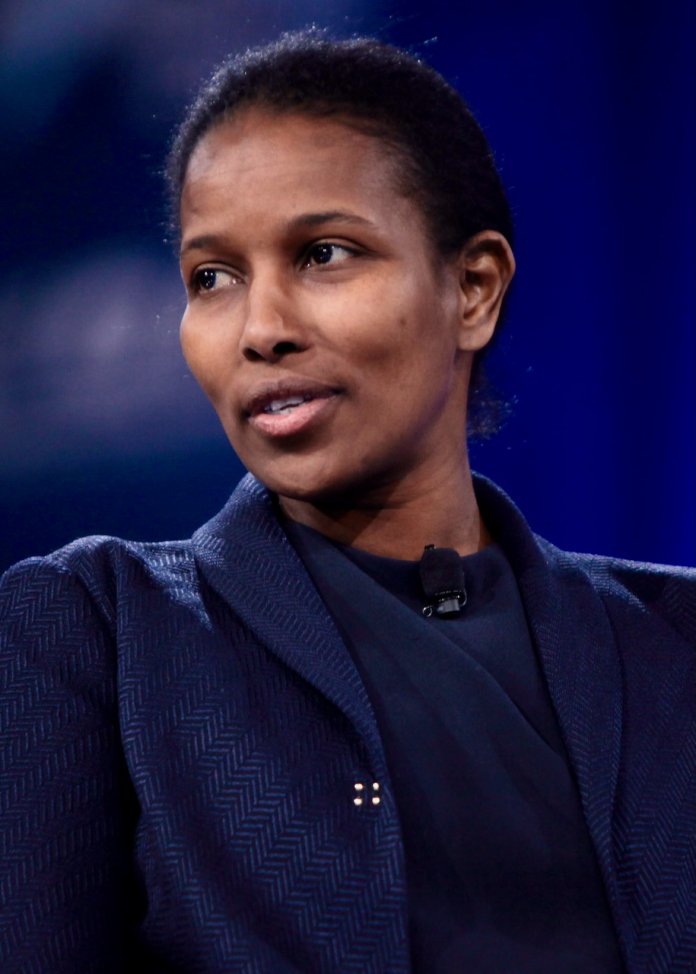Ayaan Hirsi Ali, a former Muslim and now a former atheist, recently declared that she has converted to Christianity. This is a cause for great rejoicing.
It is also a fascinating sign of the times. Her published account of why she is a Christian is somewhat odd, given that it mentions Jesus only once. It is, however, unreasonable to expect a new convert to offer an elaborate account of the hypostatic union in the first days of faith. This is why churches catechize disciples: Conversion does not involve an infusion of comprehensive doctrinal knowledge. And whatever the lacunae in her statement, the genuineness of her profession is a matter for the pastor of whatever congregation of Christ’s church to which she attaches herself.
Here is what makes her public testimony a sign of the times: She states that she converted in part because she realized that a truly humanistic culture—and by that I mean a culture that treats human beings as persons, not as things—must rest upon some conception of the sacred order as set forth in Christianity, with its claim that all are made in the image of God. “Western civilization is under threat from three different but related forces,” she writes. These are resurgent authoritarianism in China and Russia, global Islamism, and “the viral spread of woke ideology.” She declares that she became a Christian in part because she recognized that “we can’t fight off these formidable forces” with modern secular tools; rather, we can only defeat these foes if we are united by a “desire to uphold the legacy of the Judeo-Christian tradition,” with its “ideas and institutions designed to safeguard human life, freedom and dignity.”
The last few years have seen a number of unexpected voices strike hard against the mores of our time, particularly in the realm of sexual ethics and its close relative, the ethics of embodiment. Mary Harrington has written against the dehumanizing tendencies that lurk just below the surface of a society that sees transgenderism and transhumanism as legitimate. Louise Perry has pointed out that, despite its own propaganda about itself, the sexual revolution is very bad news for women and for children. Conservative Christians have, of course, been saying such things for years. But because Harrington and Perry are feminists and do not wear any obvious religious commitment on their sleeves, their voices have sounded louder and been more culturally shocking. As far as society is concerned, they should know better than the benighted simpletons of the religious world.
And now we have Ayaan Hirsi Ali.
Read it all in First Things



